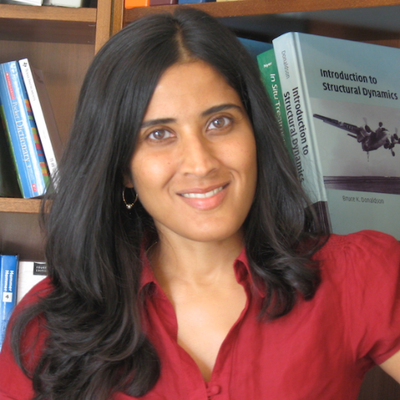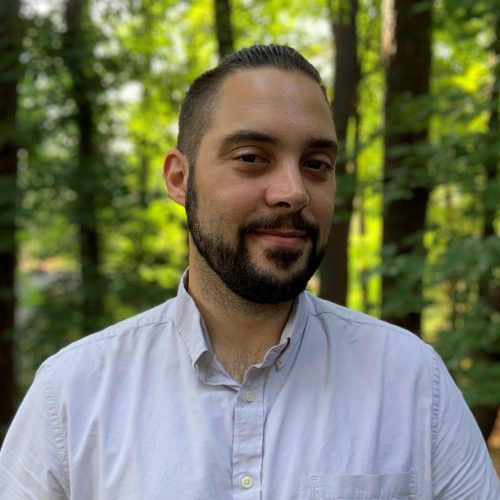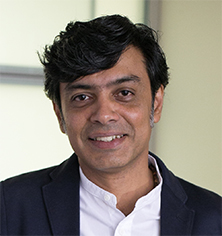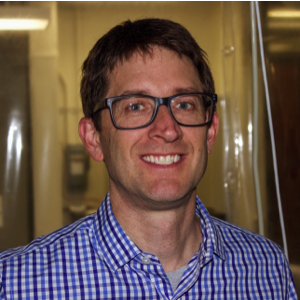Episode 20: Prof. Chong Fang
Chong Fang is an Associate Professor of Chemistry at Oregon State University. Prof. Fang grew up in Wuxi (a scenic town near Taihu Lake and Shanghai), China, and received his PhD in Chemistry at the University of Pennsylvania in 2006. Prof. Fang works on uncovering how biomolecules (such as fluorescent proteins) operate on femtosecond timescales through microscopy, and also works on research using ultrafast spectroscopy.
Tune into this episode of Science Off Camera to hear about superfast biophysics, and how to get into research and make the most of life’s opportunities.

Interest is the best teacher, I keep saying this to everybody because human curiosity is second nature to us, we are curious about things, and this profession gives me the capability to be able to explore interesting problems including building laser systems from scratch.
Research
Prof. Fang has a growing interest in tackling modern biophysical and biochemical problems using state-of-the-art vibrational spectroscopies in the femtosecond to picosecond domain, resolving their intrinsic motions that are functional, and facilitating future bioengineering and biomedical advances. In his mind, life is fulfilling while research is opportunistic and enjoyable with a vibrant group of young talents in this exciting field where chemistry, physics, optics meet biology.
Links
All platforms: https://anchor.fm/science-off-camera…
iTunes: https://apple.co/2SBAIun
Spotify: https://open.spotify.com/show/72FZ99aA6bnf1z7WZde9Vb…
Google: https://podcasts.google.com/?feed=aHR0cHM6Ly9hbmNob3IuZm0vcy8xZWFlZTdkYy9wb2RjYXN0L3Jzcw%3D%3D









